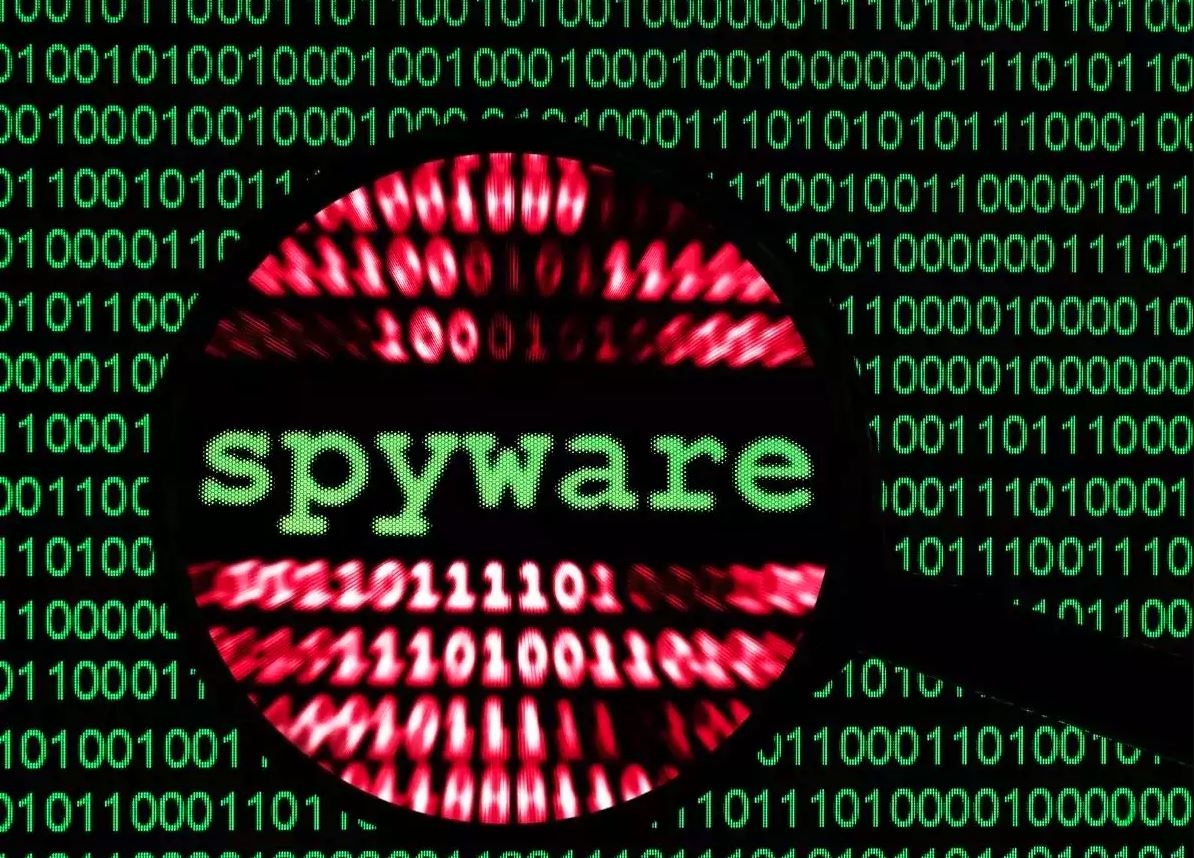Reading the US Treasury Department announcement about the sanctions imposed on companies in the Intellexa “group” and two individuals involved with it, Tal Dilian and Sara Hamou, something about the evidence it cites really struck home.
Because the US Treasury Department notes that the data that underpins the sanctions was collected and documented by journalists, researchers, civil society groups and tech companies.
And the first thought that springs to mind is this: so, the Americans are taking evidence that has been branded as “unsubstantiated” in Greece—at the official level, too—very seriously indeed.
One need only recall just how often the teams of investigative journalists who brought the Predator scandal to light—the very teams that documented the evidence the US is now invoking to impose a harsh sanctions regime—have been accused of slandering Greece. Or how disparagingly the journalists and human rights organizations that highlighted the issue were referred to. And, worst of all, how often tech company reports documenting the use of illegal spyware were actually suppressed.
Nor can we forget that the wiretapping case, and the failure to investigate it in any meaningful way, is one of the reasons Greece is currently under scrutiny in the European Parliament in relation to Rule of Law issues, and that the governing faction used ‘anti-Greek’, a term associated with the Greek far right, to describe the EP resolutions referencing what the US is now citing.
Nor can we overlook the fact that anyone in Greece who dared publish the self-same facts on which the US is now basing its sanctions has been sued by Grigoris Dimitriadis, the nephew and former secretary of Prime Minister Kyriakos Mitsotakis. Or that Dimitriadis is actually at the very heart of the web of relations connecting Intellexa and the people who had dealings with it here–namely Felix Bitzios and Yannis Lavranos (Dimitriadis’ best man)–and closed the deals with the Greek public sector.
So, to summarize, on the one hand we now have the US saying straight out that Predator software wasn’t only used to commit serious human rights violations in various countries, it was also used in the US itself for the surveillance of US officials, while on the other, we have the Greek government that has yet to provide an adequate explanation for how Predator came to be exported by Greek companies to countries including Madagascar, and to be licensed to do so by the Hellenic Ministry of Foreign Affairs.
Or, to put it another way: the US is currently imposing sanctions that start with the companies bound up most closely with the “Intellexa group”, but which could be extended to cover every individual or company that has had dealings with them—and hence also “Intellexa’s people” in Greece, while the Greek government hasn’t so much as commented on this crucial development.
A development that ultimately includes sanctions being imposed on a company based in Greece, which the US government considers a cybersecurity risk.
And yet, not even the fact that a company, which the US considers a threat, has its headquarters in Greece and has had dealings with the Greek state, has provoked any sort of comparable reaction from the Greek side.
Which is remarkable, given that we know full well in Greece that this software poses an enormous threat to security and human rights. And we know this, because it has already been used to conduct illegal surveillance of MPs, ministers, senior military officers, journalists and businessmen in our country, in one of the biggest wiretapping scandals to have ever come to light in a European country.
It is clear that we cannot continue with this shadow theater for much longer, with the Greek government and pro-government faction calling what the US and the world at large views as a huge wiretapping and illegal spyware export scandal a “frame-up”.
What will it take for them to actually accept their share of the responsibility? For the US to start imposing sanctions on Tal Dilian’s Greek associates, too?
What will all the lapdogs who’ve been happily reproducing the hackneyed sound-bites about “anti-Greek meddling” say then? Will they start bad-mouthing the Americans, too?
Or will they fall back on the old “41%” chestnut, as if we don’t elect governments to implement the law, but to give them carte blanche to tread the Constitution underfoot.
All of this reflects an institutional decline borne of an arrogance on the part of the government, which increasingly seems to be the main driver behind its policy making
But then, we shouldn’t mind when the condemnatory resolutions start falling thick and fast.
Or when we actually see Europe cut off our funding, because it views Greece as a country that violates basic tenets of the Rule of Law.
And the government shouldn’t count on solidarity from the European People’s Party group, either. Because it doesn’t enjoy a majority in the European Parliament, but also because even the parties in Nea Dimokratia’s political family are “Atlantic” parties, too. Meaning they look to what’s happening on the other side of the Atlantic, and consider the US the leader of the “collective West.” Which means they’ve already taken on board Washington’s message that the trade in illegal software has to be dealt with and treated as a threat. And that this will be reflected in their actions from now on.
So it’s up to the Greek government to choose. Does it want to see more headlines in the foreign press along the lines of “U.S. slaps sanctions on Greek spyware vendor, says it targeted U.S. officials“, or does it want to see us, as a country, finally play an active role in monitoring, exposing and punishing those involved in this global human rights threat?



